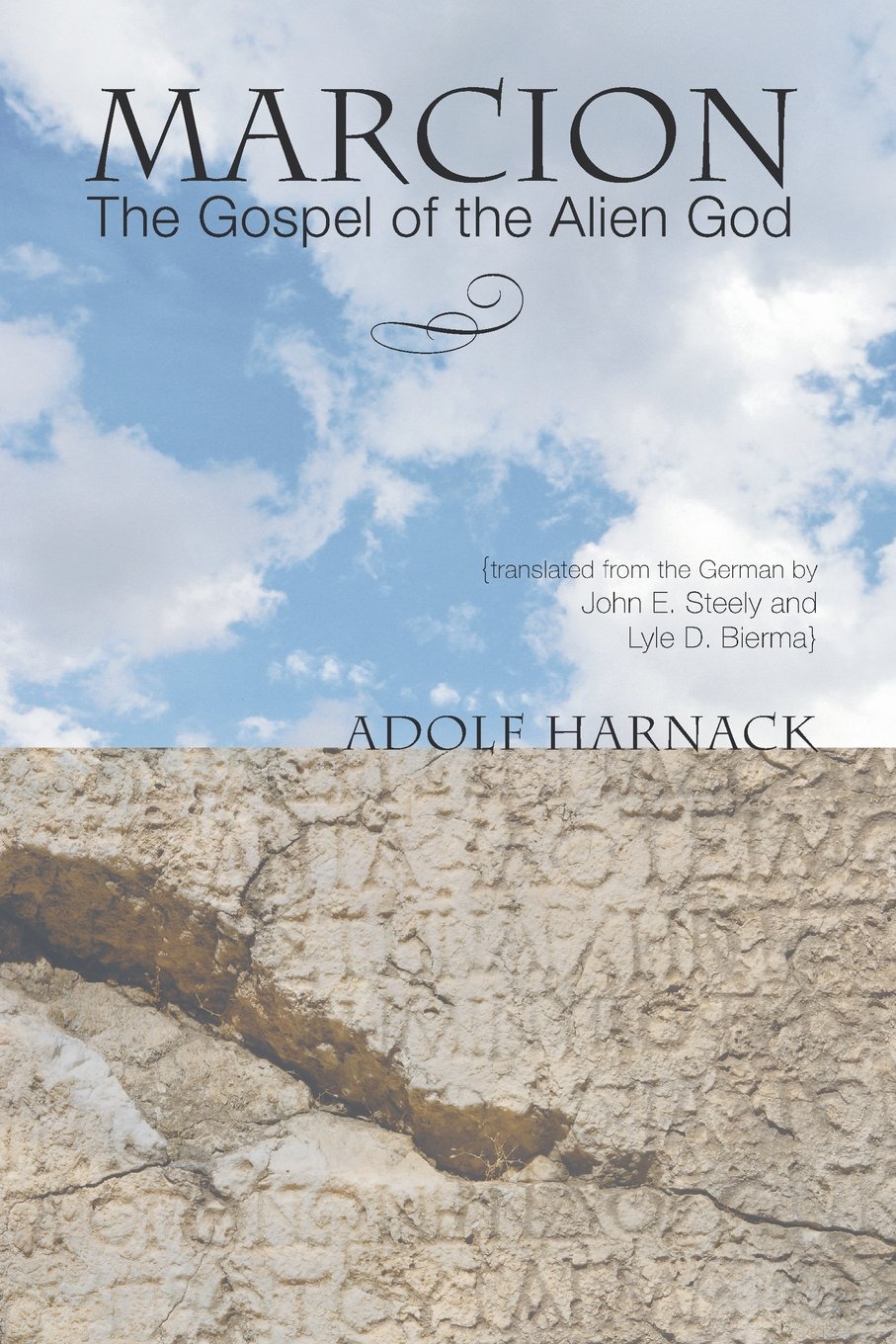This book starts off with a very interesting premise, arguably even a good one. It's a mystery. A guy finds out he's the major suspect in a murder case, the death of a friend of his ten years ago. He's got to clear his name, find an alibi. The week of the supposed murder, however, he doesn't remember. Where was he? What was he doing? Could he have been the one who murdered his friend?
Imagine The Hangover as a murder mystery, and you've got kind of the gist of this work. The protagonist doesn't have a great memory. Of course, I probably wouldn't know my whereabouts from a given week ten years ago either, except that I live a very humdrum life and so could probably point to being at work, but after work? I would have no idea and little way to track that down if I hadn't taken notes in some way. Or maybe the main character was on a bender. The novel then tracks his attempts to find out what he was doing that week, as he interviews friends he knew and places that he frequented at the time.
The protagonist is something of a ne'er-do-well, a guy who spends most of his time gambling and playing around with friends, and when he can still manage, chasing tail. So are most of the characters in the novel. This makes for some degree of difficulty telling the characters apart. There's a man in a striped shirt whom nobody knows who was at the last dinner at which they saw the murdered man. But later in the book, other friends wear such a shirt, the murdered man does in a dream/memory, and even the protagonist. The characters are in a way interchangeable, which makes them a bit less interesting.
And when one doesn't have characters to root for, it all becomes about the plot. This plot is loose and goofy but substantive enough to sustain two-thirds of the book. But at that point, the novel takes an odd turn, one that plays well with the kind of players all these people are but that blows all the suspense in the book and makes it, well, not terribly interesting anymore. One gets the sense that even the author isn't all that interested anymore, from the way the last few pages of the book go.
There's probably a lot here that is missing in translation. Footnotes explain some of the cultural context, some of which I knew but most of which I didn't. There are jokes that flew right by me, not being Chinese, references to classic works and authors. Such makes me appreciate all the more works that manage to speak to a person in translation, because they speak not just to the culture in which they arose but to the human experience. This book didn't really do that, even though it made a stab at trying to say something about identity and jokes and other human things; there wasn't, in the end, enough heart.








